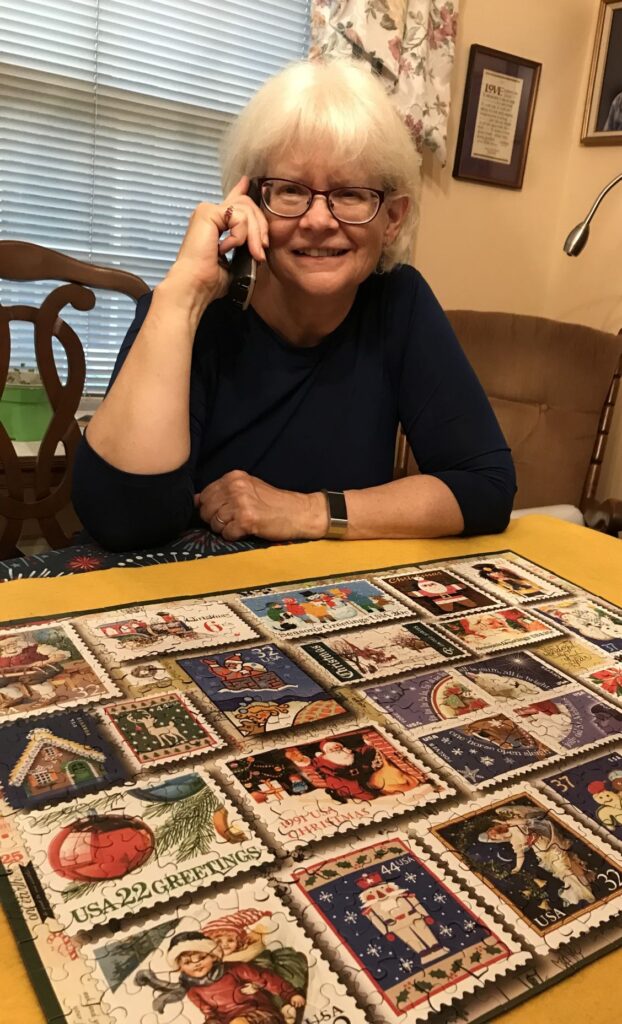In 1998, I flew to Tennessee to celebrate my precious grandmother’s 88th birthday. On the plane, I decided to ask a great-aunt how she juggled raising two daughters with church and community responsibilities. I don’t know why I chose Aunt Dottie. I liked her, but we were not close. Maybe because she was kind, cheerful, patient, modest, long-suffering, and—as an empty nester—she had started a successful home business.

Great-Aunt Dottie (2000)
Our only time alone was driving Aunt Dottie to pick up fish dinners for the family meal. I vividly remember the exit of the restaurant parking lot where I started the conversation. More intensely, I remember Aunt Dottie’s answer and what it provoked: vindication and regret.
I didn’t take on additional responsibilities. None of the mothers did. We didn’t expect that of each other until our children were older.
Great-Aunt Dottie
I had wrongly accepted the unrealistic expectations of others and myself. Women have come a long way since Aunt Dottie’s child-raising days, but we have also regressed. I wish I had asked sooner.

Do you have an untapped source for advice?
*Edited and republished for the fourth anniversary of 100words.








